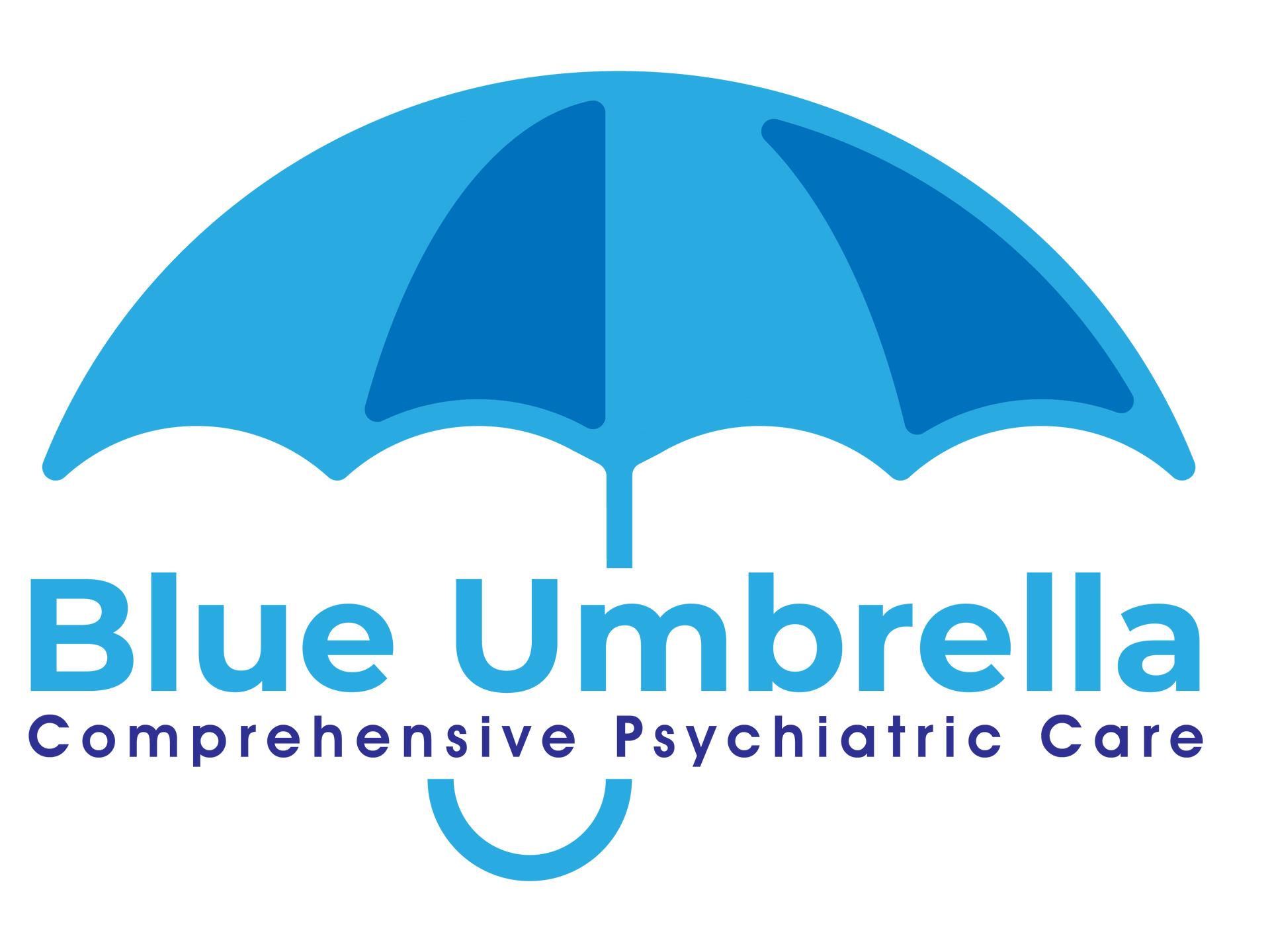Bipolar disorder
Is Bipolar Disorder making an impact
on your life?
Do you feel that your moods vary significantly, moving from the lows of depression to what may be described as the highs or mania involving high energy, creativity and feelings of euphoria? It is quite possible that your diagnosis is not depression, but in fact bipolar disorder, sometimes referred to as manic depression.
At Blue Umbrella Psychiatry, board-certified psychiatrist Eric Robbins, MD and our dedicated care team offers customized and innovative treatments to relieve your symptoms and resolve the issues that contribute to your bipolar disorder.
bipolar explained
Bipolar disorder is a complex and challenging mental health condition that manifests as severe and dramatic mood swings between depressive episodes and periods of elation or euphoria. These mood swings, also known as "manic" or "hypomanic" episodes, can be intense and disruptive, impacting various aspects of an individual's life, including emotions, thoughts, behaviors, and daily functioning.
During depressive episodes, individuals with bipolar disorder experience profound feelings of sadness, hopelessness, loss of interest in activities they once enjoyed, and a lack of energy or motivation. These periods of depression can be debilitating, making it difficult for them to engage in regular daily activities and maintain healthy relationships with others.
On the other hand, during manic or hypomanic episodes, individuals may feel an intense sense of euphoria, increased energy, and heightened creativity. They may engage in impulsive behaviors, take excessive risks, and have a decreased need for sleep. These periods of elevated mood can lead to reckless decision-making and have adverse consequences on their personal and professional life.
bipolar depressive symptoms
- Feelings of intense sadness, helplessness and hopelessness
- Lost interest in previously enjoyed activities
- Guilt
- Low self esteem
- Fatigue
- Changes in appetite
- Poor concentration and indecisiveness
- Thoughts of death or suicide
Bipolar Manic Symptoms
- Excessive/unreasonable self-esteem
- Reduced need for sleep
- More talkative than usual
- Easily distracted
- Doing too many things at the same time
- Risky and/or impulsive behaviors
- Racing thoughts
The blue umbrella psychiatry program
Your initial evaluation begins with a thorough assessment. We’ll learn about your current symptoms and lifestyle and your personal and family medical history. We’ll discuss what efforts you’ve already tried, from medications to alternative medical approaches toward resolving your symptoms. If a diagnosis of bipolar disorder is made, we’ll discuss evidence-based treatment options with you. We’ll work together to customize a treatment plan to relieve your symptoms and restore your quality of life. If necessary, you’ll be prescribed medication including mood regulators to regulate your brain chemistry and your mood. As your bipolar disorder symptoms subside, you have more mental clarity and space to focus on exploring and resolving any underlying issues in therapy.
We welcome you to Blue Umbrella Psychiatry, where our team is committed to your mental health care. Call today to schedule your appointment.
individual therapy
Individual therapy, also known as psychotherapy or counseling, is a crucial and effective form of mental health support that focuses on the needs of a single individual. It offers a safe and confidential space where a person can work closely with a trained therapist or counselor to explore their thoughts, emotions, behaviors, and challenges. The importance of individual therapy lies in several key aspects, including:
- Personalized Attention
- Confidentiality
- Targeted Problem-solving
- Emotional Support
- Self-Discovery and Insight
- Building Coping Skills
- Resolving Trauma
- Enhancing Relationships
- Mental Health Maintenance
- Empowerment and Growth
In order for sustained and profound change to occur, you must work with the psychological, social and cultural aspects of life as well. We offer collaborative and evidence-based care for children, adolescents and adults to create a meaningful life.



